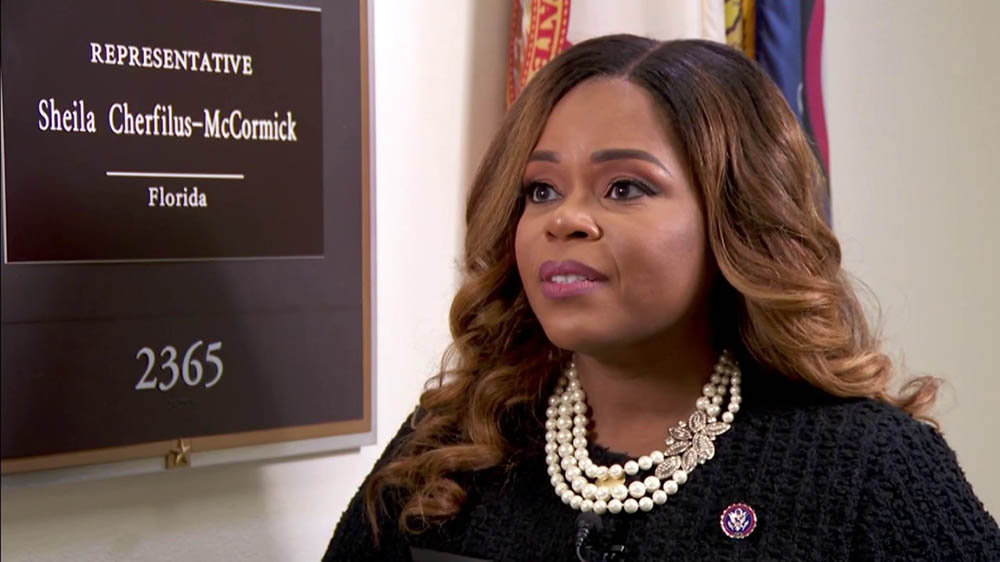(Reuters) – U.S. lawmakers yesterday called for the country to take further action to stop the flow of firearms to Haiti and to halt the forced return of migrants seeking to flee worsening street violence and shortages of essential supplies.
Democratic congresswomen Ayanna Pressley, Cori Bush and Sheila Cherfilus-McCormick met with human rights advocates and Haitian organizations to call for the extension of temporary protection status for migrants, an end to deportations and stronger controls at Florida ports, which the United Nations considers the main route for trafficking firearms to gangs which control most of the capital.
Attendees included representatives from the Haitian Bridge Alliance, Florida Immigrant Coali-tion, Family Action Net-work Movement and Am-nesty International USA.
Haitian armed groups have tightened their grip on the Caribbean country even further since unelected Prime Minister Ariel Henry announced his resignation a month ago, deepening a humanitarian crisis as people live under frequent gunfire while ports remain closed, hospitals lack key supplies and stores run out of food.
There has been little international reaction besides bolstering border security.
“We have to do everything we can as Americans to not continue to support the gangs by giving them the ammunitions they need to terrorize the Haitian people,” said Cherfilus-McCormick – Congress’ only Haitian-American representative.
She also called for lawmakers to come together to unblock the majority of some $300 million the government pledged to support a security force to Haiti, that has been mandated to help police restore routes for humanitarian supplies.
The force has been on hold as Haiti awaits a new government, a process that was expected to take a couple of days from Henry’s March 11 announcement he would step down but has dragged on for over a month with the outgoing cabinet yet to authorize the publication of a decree formalizing the transfer of power.
Activists at the meeting also called for U.S. government clarification on the possible use of Guantanamo Bay to control migration after Southern Command General Laura Richardson spoke last month of a “contingency plan” involving the U.S. naval base located on the island of Cuba, without giving further details.
The base was last used to hold Haitian and Cuban migrants in the 1990s when it achieved notoriety for the imprisonment of hundreds of people fleeing a coup d’etat.
Many Haitians are wary of international interventions after previous U.N. missions left behind a devastating cholera epidemic and sex abuse scandals, for which reparations were never made.

